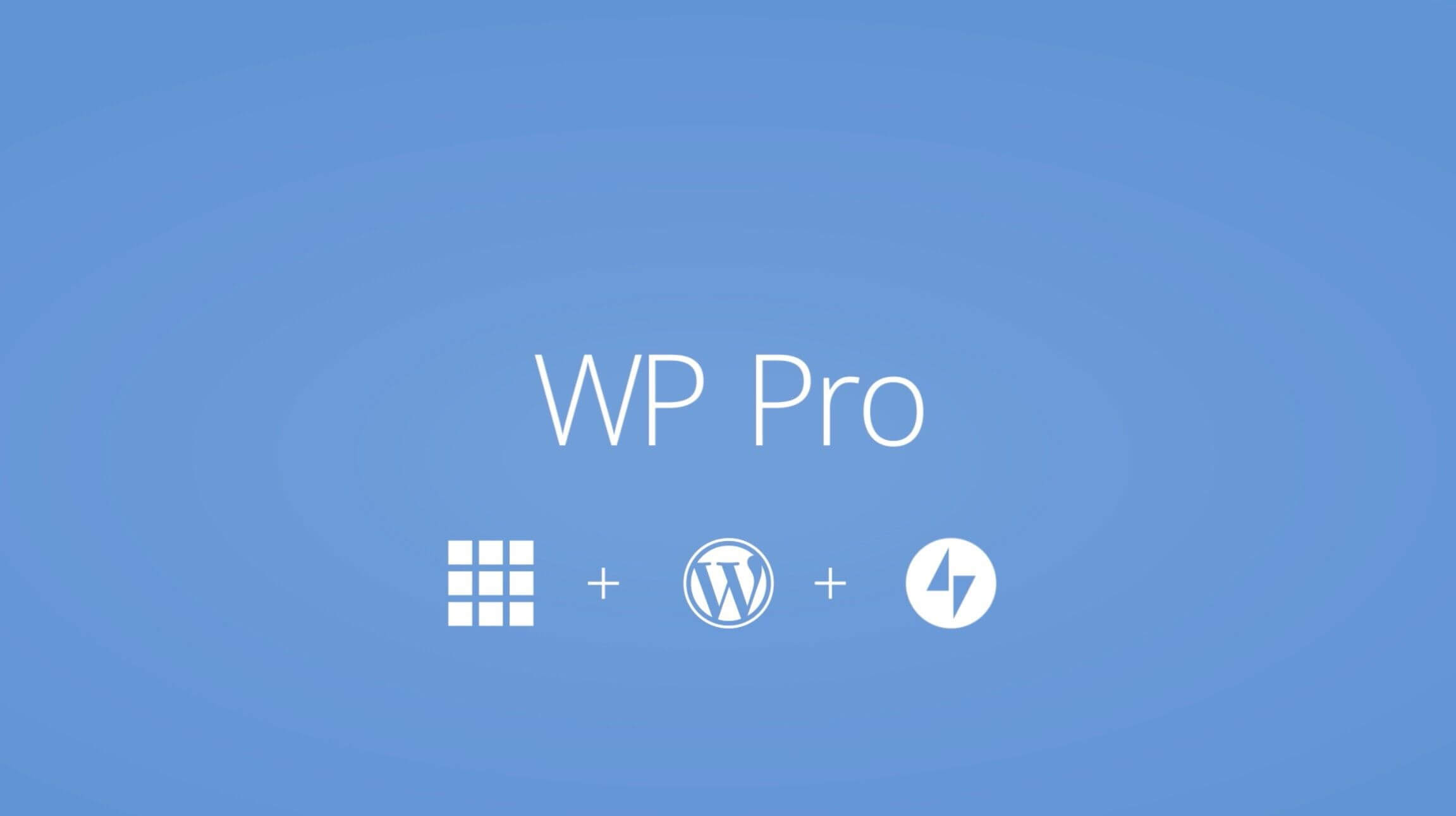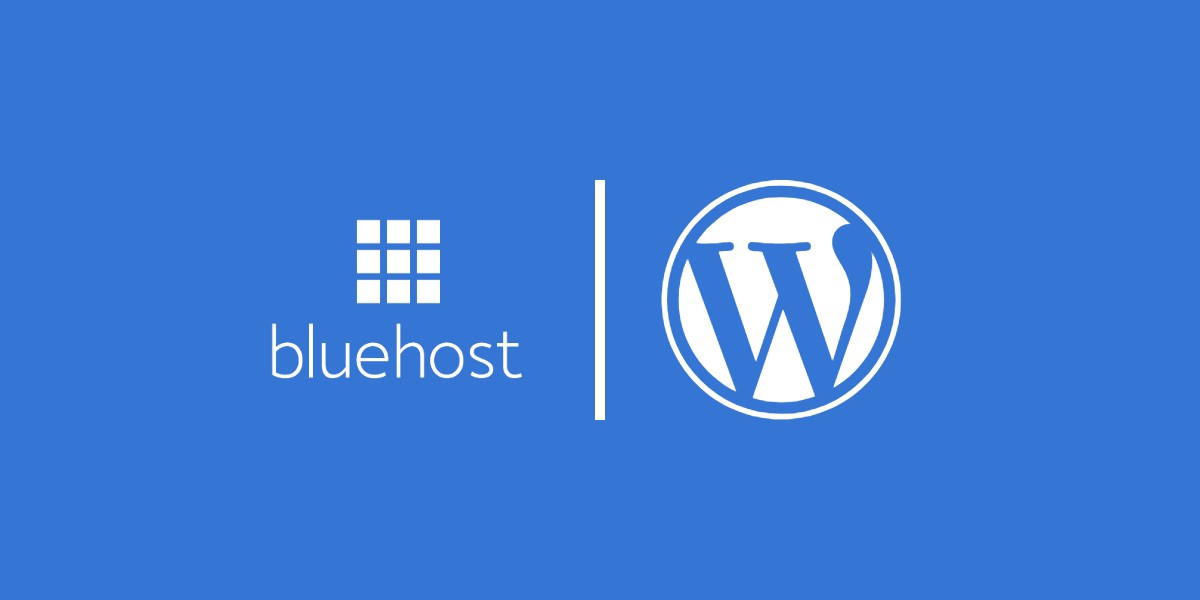Bluehost server response time
Today the speed and performance of a website have become more important. This is because of the growing user expectations and decrease in their patience. The users tend to quickly move to another website. Nobody likes waiting for a few seconds if the website loads slowly. Even if they don’t run away, a slow site will still disappoint and frustrate them. Bluehost is used extensively as a web hosting provider for many websites in WordPress. The Bluehost slow problem leads to poor quality of sites.
Many people don’t consider Bluehost to be of great quality. This is because their parent company (EIG) is known for slow and poor-quality hosting. However, one can do it at a fairly good speed. Just follow few simple steps if Bluehost is slow. Steps involve the need to configure a solid cache plugin, using Cloudflare, image compression. A few more other steps to make the site run at lightning speed.
PageSpeedy.io is a plugin that seems to cache everything by minifying the weight of HTML, JavaScript, and CSS files. This is why it has become one of the most popular caching plugins in the world to speed up a website. Experts consider it to be an all-in-one plugin to optimize the speed of a WordPress site.
Why do people choose Bluehost?
You will find hundreds of web hosts out there in the market. The majority of these are able to meet the minimum requirements of WordPress. Although choosing from the crowd may not be easy, you can surely count on Bluehost. When it is about the hosting company, WordPress can work best when there is a rich hosting environment with good server response times.
Bluehost is the top WordPress hosting platform that is powering 2 million websites. Bluehost is reasonably priced and full of some extraordinary WordPress features. Also, it has a built-in staging environment for a website. There are people who claim that Bluehost is slow, but speed is surely a dynamic issue. One can resolve this issue by having proper settings.

PC: Chanapro
Tips to overcome Bluehost slow server response times
The following tips can surely prove to be very helpful to speed up your WordPress site powered by Bluehost.
Test the speed of your site
The first thing anyone must do before going for the actual steps is to perform a website speed test. When you do speed testing of your website, you will have a proper benchmark. The starting point for the improvements is to be completely sure that you are heading in the right direction.
Speed test tools like Pingdom and GTmetrix can offer you detailed recommendations on Bluehost slow and how to speed it up. Normally the ideal loading time of a website is 1 second, and this particular mark can be a tipping point for you to feel that you would like to speed up web loading.
Whether or not you can achieve the ideal time completely depends on the host as well as how your site is built. A good quality host offers core loading in 600-800ms, but if you have many third-party tools installed, it will surely become difficult for you to get the 1-second mark. Doing a couple of speed tests can be very helpful for you to get an average. You also need to save these as screenshots so you can refer to them later.
Bluehost slow
Bluehost Slow: Caching is necessary
Without caching, it is not possible for you to get much from WordPress. Caching is helpful to prebuild every page on your website This makes it ready when the next guest visits the site. When there is no caching, the server has to execute the PHP code with every new visitor. It has to go for the MySQL database lookups, run more PHP code, and generate an HTML file. The result will be sent to the visitor’s browser.
If you have a good caching plugin like PageSpeedy, you will notice that the HTML file has already got prebuilt. This will be ready to be sent to your visitor. Other plugins include WP Rocket and W3 Total Cache. They are great for the less tech-savvy WordPress users and more DIY-oriented. All these plugins are surely easy to use. Therefore, they will be giving you a tremendous boost in performance.
It is also worth noting that different hosts like WP Engine, Siteground, and Cloudways have built-in caching. This is one of the main reasons why they are very quick. If Bluehost is so slow, then try using caching plugins to speed it up is the best option. Do not install two different caching plugins together, as there are chances that these might conflict. Opt for PageSpeedy.io if you don’t have WordPress experience and tech skills.

PC: Sasta Einstein
Bluehost Slow: Activate Cloudflare or a CDN
When it is about international visitors, then Cloudflare is something that can speed up your website instantly. It is a CDN or a Content Delivery Network. CDN is known to be a server network responsible for delivering static assets from a website. This includes JavaScript, CSS, and image files, to the website visitors. Mainly it provides relieves the hosting server from doing this particular task.
There are more than 150 global locations with Cloudflare. This makes it one of the fastest and the biggest of the CDNs. If your Bluehost server response time is slow, then a CDN can be helpful. This allows the visitors who are not from the hosting country to have an experience of faster loading. A free Cloudflare plan might be enough for most people. The paid plans have extra features like firewalling and advanced image optimization. However, if you are to consider using this particular option, then you should go for a good hosting provider.
Bluehost Slow: Image Compression is necessary
There is an option to compress the majority of the website images in a way that they don’t lose quality. Most of the time, the photos end up around 20-50% smaller in size. This can surely make a huge difference to the loading speed of your Bluehost slow WordPress site.
There are a number of plugins that one can use for this purpose. One will be able to find some advanced features of image optimization, while many other plugins out there don’t have this feature. Most of the services allow two levels of compression, lossy and lossless.
With the help of lossy compression, the size of the file gets reduced. But there can be a slight impact on the quality of the image. On the other hand, lossless compression can reduce the size of the file slightly. The loss of visual quality may not be detected in the latter case. This can be advantageous if one wants to increase the page speed. Although this can be done at the expense of the quality of the image. Unless one can minutely notice the quality difference, the file size can be reduced by up to 60%.
BlueHost Slow: Host the videos separately
WordPress has the option to upload the videos directly to the media gallery. Think long and hard before you do this. If you have Bluehost slow, then you should understand that video files can surely be resource-intensive. This way, they can severely slow down the site of your web speed.
When the latest video is uploaded directly to the site it is sent to thousands of people in the email list at the same time. This will create chances of affecting the speed of your website. Holding a hosting plan will create problems for starters in this case.
The best solution is to have 3rd party video hosts like YouTube, Wistia, or Vimeo for storing the videos. Embed these videos later into the blog. One can also find numerous video player optimizers for enhancing the videos. This will make these videos load faster.

PC: Bluehost
BlueHost Slow: Use PHP 8 instead of the older ones
The underlying programming language of WordPress is PHP. There are several versions of it. Normally you will find version 5.6 or lower. Version 8.0 is almost 30% faster as compared to the older ones. It is easily supported by the majority of sites that have been built in the last two years. If you find your site compatible with this newer version, then it is recommended that you should switch to that one.
If your Bluehost is slow, an updated PHP version can definitely be helpful, but before you switch to that one, you need to do a compatibility test. Here GTmetrix or Pingdom can surely be great to test all of your plugins as well as the theme in order to make sure whether the site is compatible with PHP 8 or not.
BlueHost Slow: Prune the plugins
Many people have a misconception that when they have many plugins, then each of these plugins can slow down a website, but this is not true. A plugin that is well designed may not be having a big impact on the page load speed, and this can surely be a great functionality for your website. There are some plugins that can cause issues with your page load speed.
When you are facing a Bluehost slow, a waterfall chart on your GTmetrix can be superb in identifying those plugins that may be responsible for hanging up on your site. It is continuously suggested to see into all of the plugins established on your website in a cyclic way. You have to think about whether these plugins are serving your purpose or not, and if you want to say goodbye to any of these plugins, you have to deactivate them before deleting them.
When the plugin is deactivated, then you have to look through the posts and observe whether any shortcodes have been left behind the plugin on your site. If you happen to see these, you need to note the command and sweep through the website while also removing the short, broken codes.
Bluehost Slow: Disable any pingbacks, trackbacks and limit the revisions
The remote link notifications responsible for altering the linkage with WordPress sites and those other sites that have linked to you are known as pingbacks and trackbacks. Although this particular functionality seems useful, it’s actually not, as it can put quite a bit of load on the resources of the server because the requests from WordPress are generated by Pinging.
It has also been noted that the pingbacks and trackbacks are mostly used for spamming with the DDoS attacks to target the websites. In the settings, you can turn off pingbacks and trackbacks, as this will be helpful to speed up your website if your Bluehost server response time is slow.
There is a built-in revision control with WordPress for the pages or posts created by you. Although this feature is good, there can also be unnecessary bloat in your WordPress database, thus making your Bluehost slow.
While writing, editing, and updating any content, a number of saved revisions are created by WordPress. When you limit the number of these revisions stored per page or post, this can surely clear up any space in your database. There are many plugins for revision control, and WP Revision Control is among these, as it helps you to specify the number of revisions that are saved for the pages and posts. If you are involved in a lot of updating, then limiting the revisions to 5 can keep them going out of your hands.

PC: Basic Tech Stuff
Bluehost Slow: Breaking comments into different pages can be helpful
It is great when you are getting comments from engaged users, but your page will certainly load slower if there are too many comments on the page, and this can surely be a bad thing as it will make your Bluehost WordPress slow.
This issue can be solved by breaking or paginating the comments into multiple pages, and you can do it easily on WordPress. You have this option present in the WordPress settings. After making the settings, the number of comments required for each of the pages can be entered by you, and this way, it would be up to you how you would like to display these.
Bluehost Slow: Remove junk from the database
A lot of junk files can be accumulated by your database, and these include expired transients, deleted comments, post revisions, and various other things that can bloat the database. If you think that it is making your Bluehost slow, then it is best to clean it after every few days.
The database can be cleaned with the help of a plugin, and with the use of these, you can even schedule the ongoing database cleanups. Before taking this step, you have to keep in mind that the backup of the database has been taken by you, especially if you are trying to clean it for the very first time.
Final Words
Bluehost may not be the best and the quickest host at any price, as being a discount host, one cannot compare it with the managed or the dedicated hosting providers. But if you follow proper speed tweaks, you will be expecting page loading times of less than three seconds and may not have issues of having your Bluehost slow. A perfect load time must be plenty for you to make sure that Google, as well as your visitors, love your site.
Also Read: How to Fix the ERR_CONNECTION_REFUSED Error